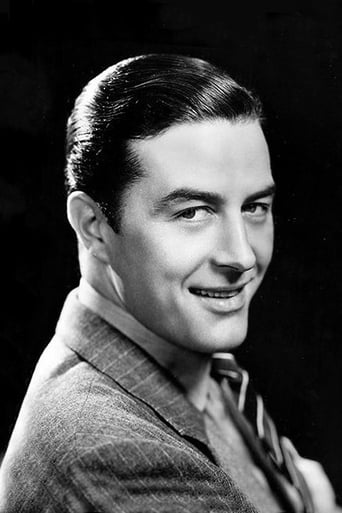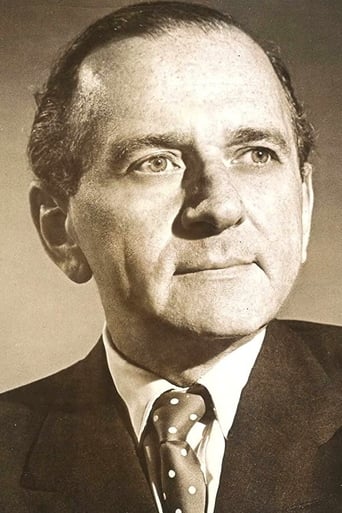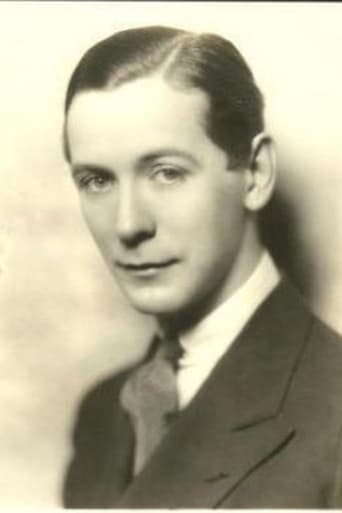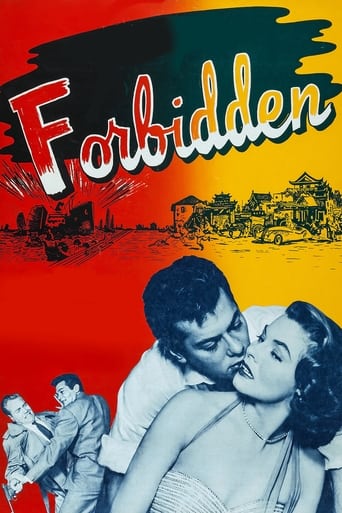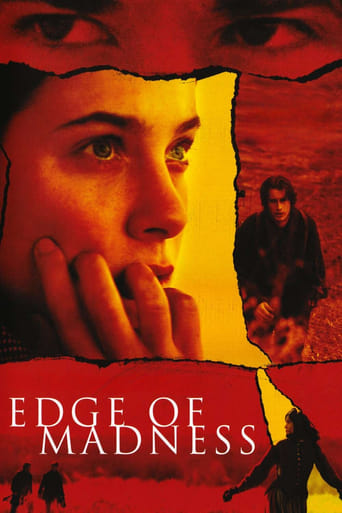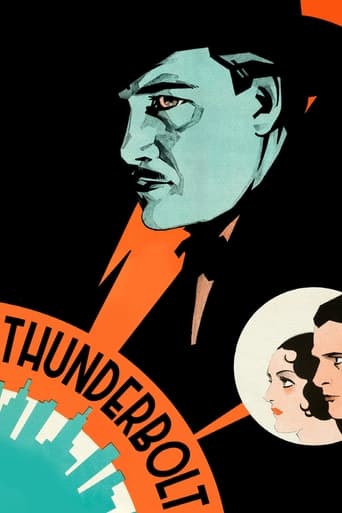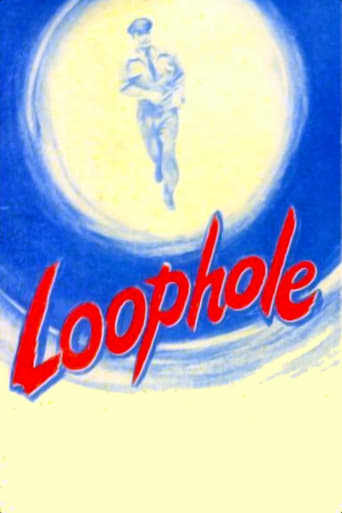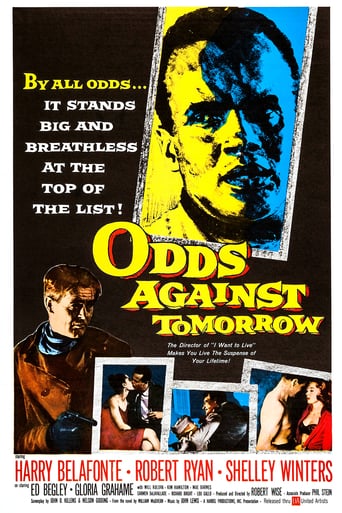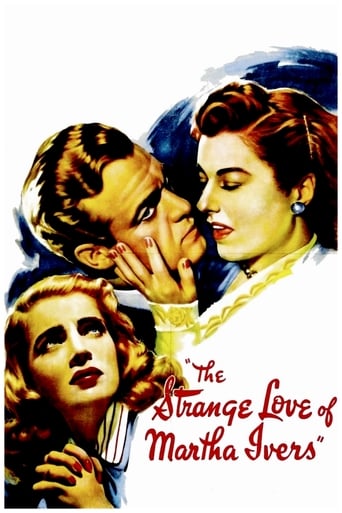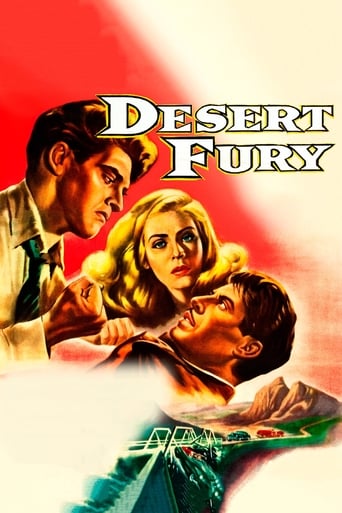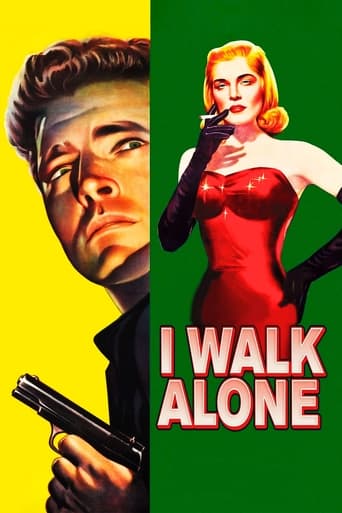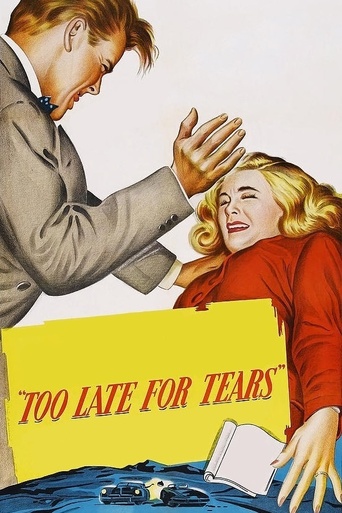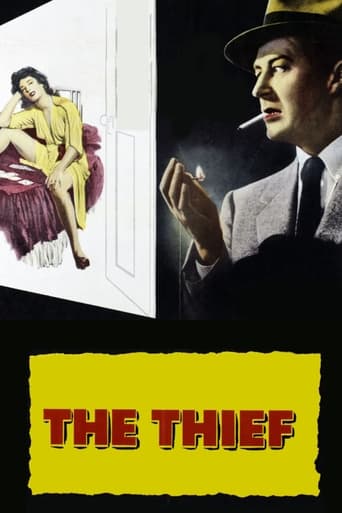
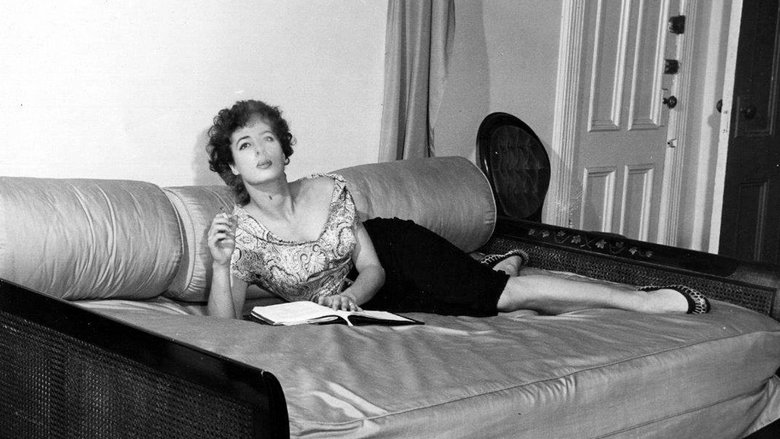
The Thief (1952)
A chance accident causes a nuclear physicist, who's selling top secret material to the Russians, to fall under FBI scrutiny and go on the run.
Watch Trailer
Cast
Similar titles
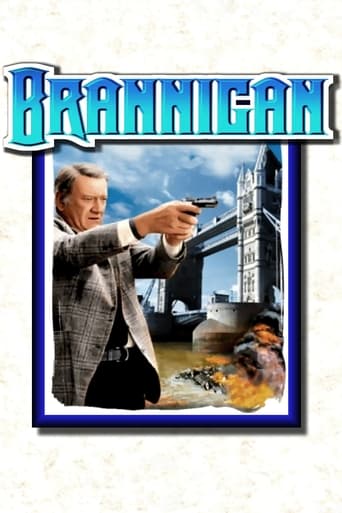
Reviews
You won't be disappointed!
Powerful
I think this is a new genre that they're all sort of working their way through it and haven't got all the kinks worked out yet but it's a genre that works for me.
The storyline feels a little thin and moth-eaten in parts but this sequel is plenty of fun.
A really sweet dark film noir to curl up with on You Tube. This remarkable film attempts and accomplishes the impossible; to make an engrossing and convincing 'silent film'. Whereas the old silent were just boring and overacted, this one is really a sound film without dialogue. The sound comes from the music which is artfully fit to every scene to illustrate the mood and tensions involved. This is matched with Ray Milland's terrific acting which carries the entire weight of the dramatic plot. In case nobody noticed this man's acting before this is to film to watch. Every nuance of human emotion is conveyed through his acting and the plot moves to its astonishing conclusion on the strength of that acting. A real 'lost gem' of a film !
Interesting exercise in style. Ray Milland is a physicist and a communist spy who passes secret information to his contacts. The FBI sniffs him out and the Party provides him with a new identity and passport to Cairo for his getaway. After accidentally causing the death of an FBI agent who has been following him, he makes it to the ship but then tears up his fake passport and turns himself in.Milland is in just about every shot and the whole exercise depends on him. He pretty much pulls it off. We very rarely get to read any written messages, but his expressions tells us much of what we need to know. He's tortured with guilt throughout. He sweats profusely, not from the heat but from the cupidity. And there are closeups of his face, so that the slightest change in his facial muscles registers on the Richter scale. The extreme closeups are sometimes odd -- a telephone receiver pressed against an ear -- but they tend to break up the sometimes irritating visual flow of figures coming and going without ever speaking. The director also breaks up the stream of traditional shot with some overhead angles.One of those figures doesn't have to speak. Rita Gam, as his provocative neighbor, slinking around in her loosely tied dressing gown, is astonishing sexy and extraordinarily attractive in an Arabic kind of way, an houri out of scripture, looking a little like a plump-lipped Cher. I don't know why Milland, before tearing up his fake identity, didn't move in with Rita Gam for a while. After all, the guy is in for a long stretch in the slams and maybe the hot seat. Might as well have one last fling. Looks like it would have been sufficiently memorable to last him a lifetime.But the film raises a question. Why make a film with no dialog? That is, what's the purpose behind imposing such a stricture on the production? Vladimir Nabokov once speculated on how successful a novel would be that avoided the use of the letter "e". It probably wouldn't be successful because the experiment would be pointless.Self-imposed limitations sometimes work. Hitchcock used only a lifeboat in the movie of the same name, but it generated a palpable sense of isolation and despair. But his experiments with long takes were pointless in "Rope" and "Under Capricorn." So-called concrete poetry strikes me as equally absurd -- poetry written in the shape of a rhomboid or a parallelogram. I have doubts about haiku in English as well, a form devised for use in a foreign language whose "syllables" don't correspond to English.In any case, the silence here is a little distracting, to be honest, but the story -- simple as it is -- is engaging enough to keep a viewer from being bored. And it took guts to make the movie.
This movie really shows how powerful and captivating can the image be. I don't understand why this movie is seldom mentioned for the big public. Nobody has doubts that Casablanca or Citizen Kane or so many others are great movies, but this movie can also be enjoyed by many people and means something very innovative at the moment it was shot. I got astonished when, after 20 minutes I hadn't heard any voice; I didn't know in advance that the movie had no dialogues. However, the story was intriguing enough and the situations had so much suspense that I watched it without missing dialogues. Of course, the spies were communists and it's a produce of the cold war time, but this fact does not impact on the quality of the script. Ray Milland was an actor so remarkable that his acting makes the film believable. He shows the anguish and fear of a man who is doing something very grave (treason) and is being shadowed. He was so good actor that at the end of the movie, when he's about to go aboard, one can read his mind and guess his final decision. After all, he is not a crook or a murderer, but rather a man of science and not violent, so, the reasons that lead him to the final decision have to do with his conscience (an innocent man is being accused of something that he did and another man was killed by him) The cinematography is superb, I enjoyed specially the way it shows the streets and buildings of the cities. The script is subtle and full of brilliant details. The music is very good and well sync. Really a masterwork. Maybe the long silent scenes that Jean-Pierre Melville or Jules Dassin had in their movies could've been inspired by this film? Very recommended.
Tense dark drama made in 1952 at the height of the Cold War about the shadowy world of espionage without a word of dialog makes "The Thief" a one-of-a-kind film.Dr. Allan Fields, Ray Milland, has been spying for the Soviets by passing top secret documents from his position as a scientist at the Atomic Energy Commission, the AEC, to them. One afternoon in New York City one of Field's contacts is struck by a car and killed while he had in his possession a tin canister of microfilmed documents that Fields had given him. When the FBI finds out that the documents came from the AEC in Washington D.C they start to check out all those that are employed there and Fields seeing that the noose was closing in on him becomes a man on the run. Good acting and great photography of Washington D.C and New York City with a dramatic and heart thumping action chase scene on top of the Empire State Building and the 86th floor observation deck that rivals the final moments of the movie "King Kong". The film also has something that was lacking in most spy movies at that time; a believable ending that wasn't overly contrived. Ray Milland showed in "The Thief" that he was as good a silent actor as a speaking one.
